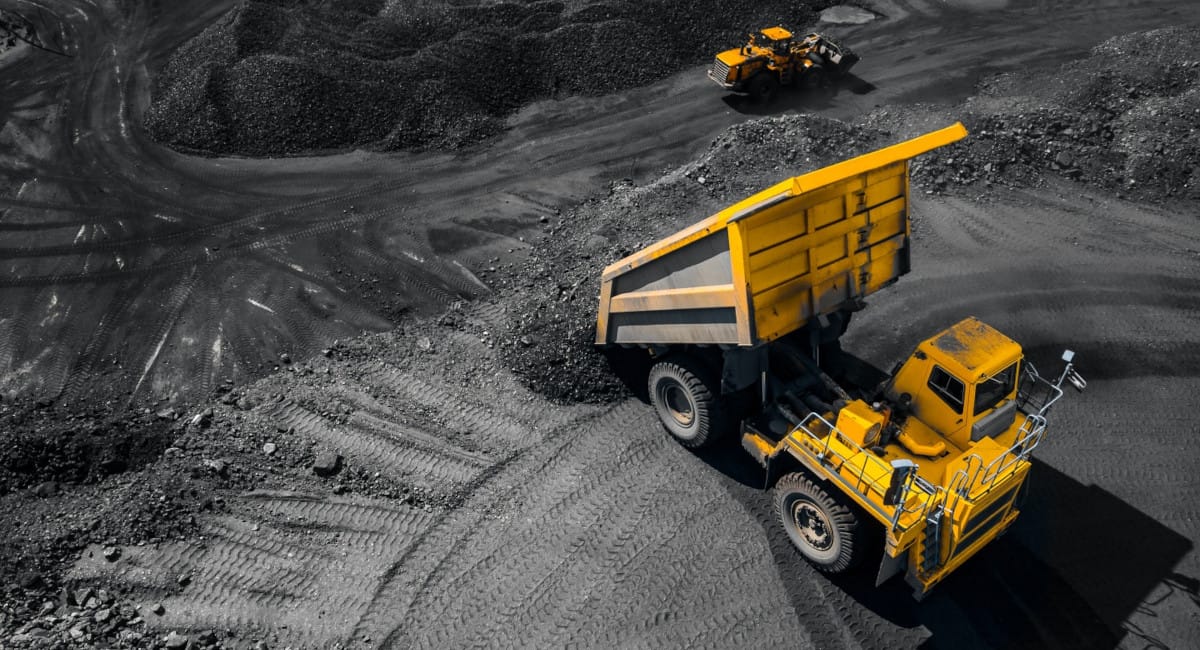Mining Other

Mastering micro-political risk: The real game-changer for Francophone Africa’s mining futures

Mastering micro-political risk: The real game-changer for Francophone Africa’s mining futures
It’s more than just the minerals When Western miners explore Francophone Africa, they see world-class opportunities: gold in Mali and Côte d’Ivoire, manganese in Gabon, cobalt in the DRC, and more. However, one risk consistently gets underestimated – the everyday politics and social dynamics that are right at the project site. The Barrick Gold and Mali standoff should be every company’s wake-up call: success here means much more than geology and permits. It takes mastering micro-political risk, understanding, and managing local relationships and expectations at every level.
A Case in Point: Barrick vs. Mali
In recent years, Barrick, a global gold leader, and Mali, one of Africa’s top gold producers, found themselves at odds. Mali introduced new mining laws, blocked some gold exports, and even temporarily seized over three tons of Barrick’s gold . Mines producing nearly a quarter-million ounces a year all told, a big slice of Barrick’s global output, briefly fell under provisional government control. The result? Barrick slashed its Mali production forecasts, resulting in Mali itself losing over a billion dollars in gold revenue in 2024 alone.
At first glance, this appears to be a legal dispute over regulations and contracts. It was a breakdown in local trust amid changing rules. The missing link? Micro-political engagement deep, continuous relationships with local leaders, youth organizations, and traditional authorities who can shape outcomes just as much as government ministers.
Beyond the Headlines: What miners miss
Western miners often focus on country risk, including coups, regulatory changes, and major headlines. However, it’s the on-the-ground micro-politics, local power brokers, shifting alliances, digital activism, and informal economies that can make or break a project. Strong ESG and compliance policies are essential, but without genuine, ongoing consent from host communities, even a signed permit may not guarantee operational stability.
Recurring lessons across Francophone Africa
The Barrick story isn’t unique. Across the region, Burkina Faso’s gold fields, Senegal’s phosphate mines, Côte d’Ivoire’s gold and manganese belts, Guinea’s bauxite hills, Niger’s uranium and coal centers, Cameroon’s gold projects, and Gabon’s manganese companies hit the same wall again and again. Local communities expect jobs, visible benefits, and respect for tradition. Disregard those, and projects quickly face strikes, blockades, or sudden “tax adjustments” by local administrators. Alliances among traditional chiefs and youth groups in Côte d’Ivoire, or community land rights disputes in Guinea, have delayed or derailed projects in ways that official risk reports rarely predict (Hogan Lovells).
What Western miners must do differently
Experience shows micro-political mastery is the new gold standard. Western miners must put community relationships at the heart of risk planning. That means mapping not only government contacts but also the leading influencers, elders, women’s committees, youth leaders, and WhatsApp administrators. Assign local liaisons with both authority and accountability. Build in regular, honest communication, document all issues and engagements (not just when trouble arises), and commit to ESG transparency that goes beyond mere compliance with checkboxes. Above all, treat every community complaint as a critical risk signal, not just a PR issue.
Conclusion: The real winning streak? It’s local Francophone Africa is mineral-rich, but the companies that thrive won’t be those that simply “operate by the book.” They’ll be the ones that invest in trust, listen early and often, and adapt fast when ground realities shift. The “next big find” might be in the rocks, but the long-term win is in building social capital, one handshake at a time, to save themselves from costly shutdowns and reputational damage.












